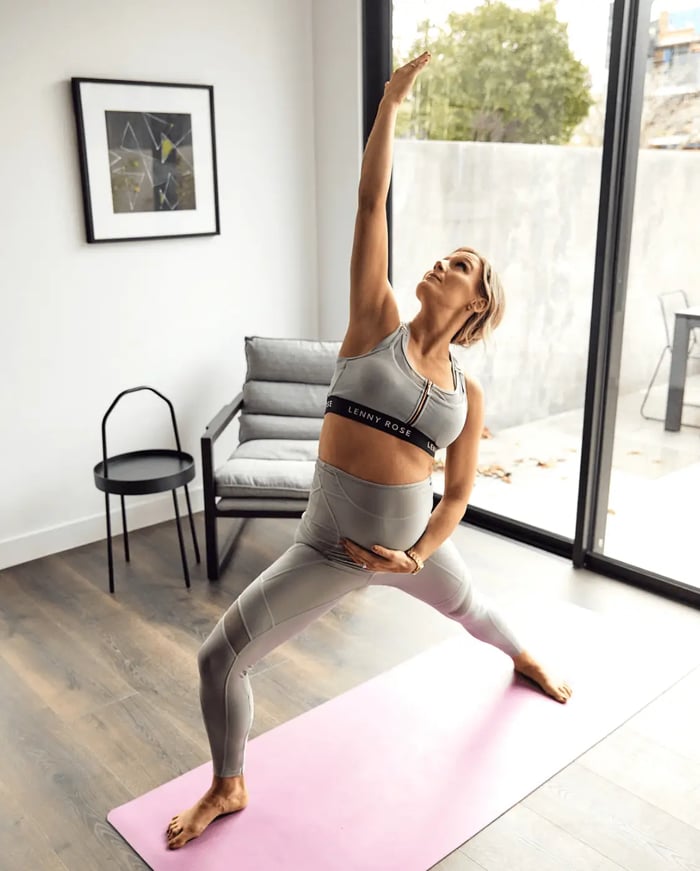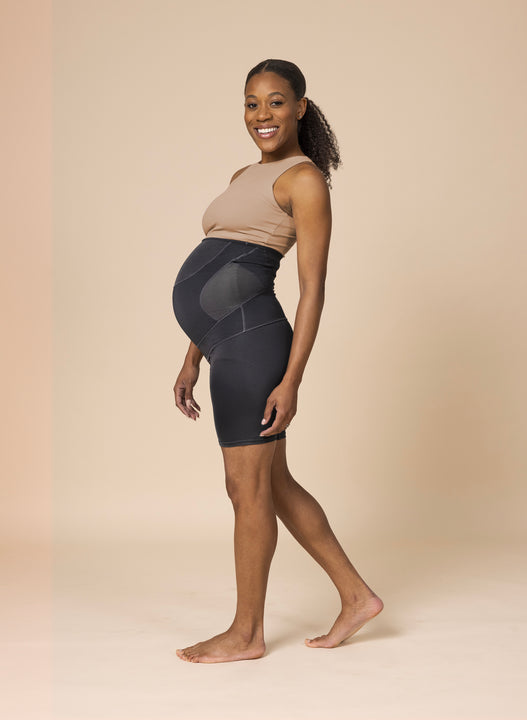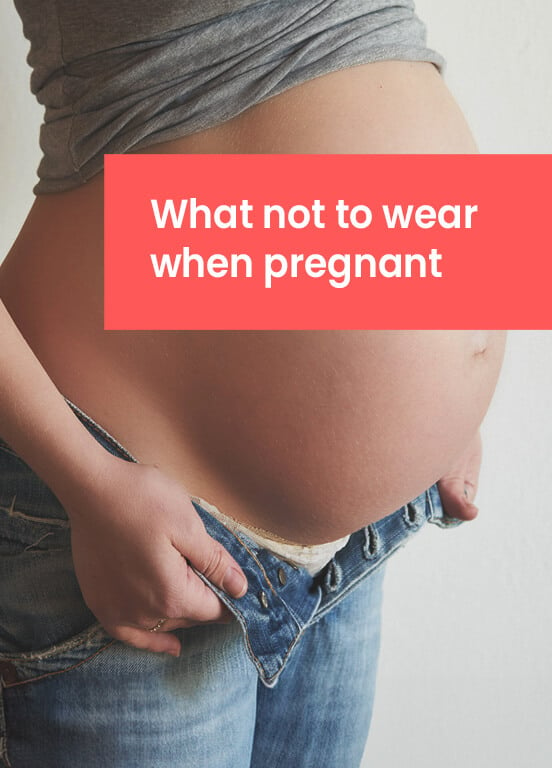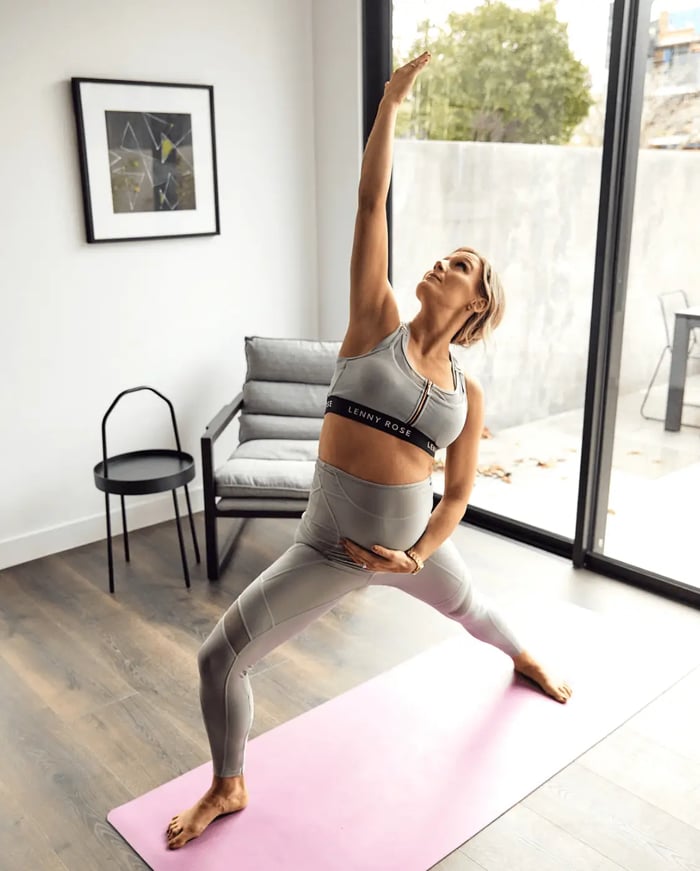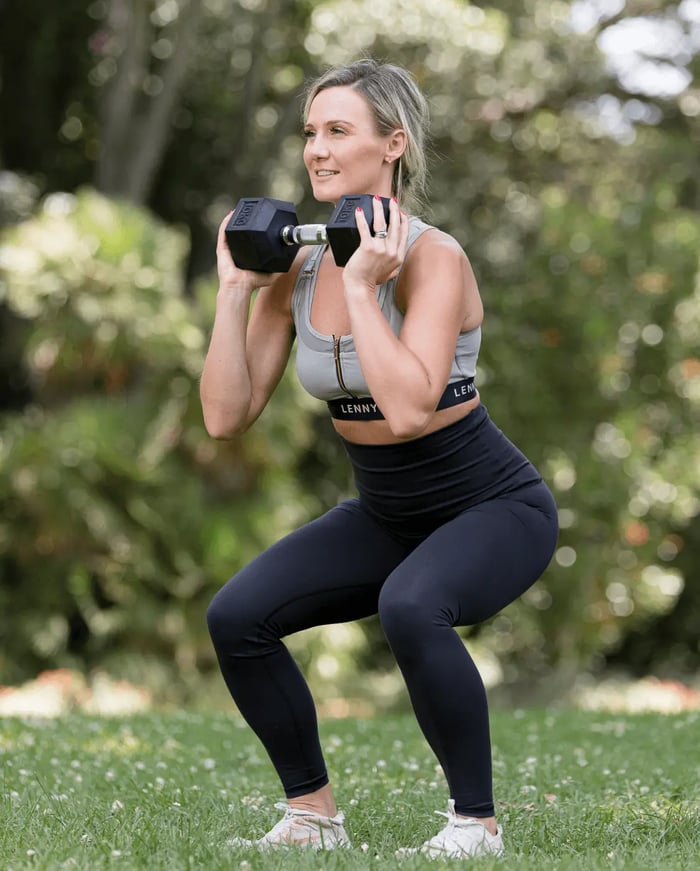WITH EVERFORM FOUNDER, PHYSIOTHERAPIST AND MUM-OF-4, ROSIE.
Staying fit and healthy in pregnancy is just as, if not MORE, important than ever before! Whilst pregnancy could easily be the time for a “free for all” with indulgent food and putting your feet up, it can just as easily be the time where you choose to nourish yourself, and your growing bub with as much goodness as you can – eating well, moving well, and resting well. The first trimester can be tricky to navigate – maybe you are surprised by the news of carrying a baby, you have some fears around waiting until the 12 week mark before you get too excited, you are feeling horrendously tired and perhaps have some not so welcome bouts of morning sickness (or 24/7 sickness as I seem to recall!). This can be the hardest time to eat well and move well, and whilst it's not about being perfect all of the time, (or any of the time), it's about making conscious decisions for your and your bubs’ health. I had horrible morning sickness for the first 20 weeks of both pregnancies, with serious food aversions for most gestation, and could really only eat “white” foods – which, when you are intolerant to gluten, doesn’t really bode too well for options! With food it's just about doing the best that you can, keeping your fluids up, avoiding alcohol, and trying to take some support through multivitamins if you can stomach them!
From a movement perspective, it can be nerve-wracking and confusing, with many insta-celebs posting their workouts which may be appropriate for them (or not) and maybe not for you. So here’s what we know, and armed with knowledge, we can make the right choices!
The embryo is implanted over those early weeks (4-8), and so it's preferential to avoid any contact sports, high impact or anything where you have a risk of a fall.
You may or may not have morning sickness, usually this peaks around 8-12 weeks, and you may be super tired – but some movement can actually abate your morning sickness and also moving gently can help give you a little bit more energy.
Around 8-11 weeks there are some cardiovascular changes going on, where your blood vessel walls dilate / become more relaxed to accommodate an increased blood volume, and while the volume is playing catch up (you gain a temporary 1L or so of blood) you can dizzy and light headed due to the resulting changes in blood pressure – so consider taking it a bit easier, avoiding uneven terrain or head down positions in yoga.
If you were previously active, the Sports Medicine Australia and RACGP recommend that it's ok to continue to train with your usual activities, though you are well advised to reduce the intensity and duration if training at high intensities and for more than 30-60 mins daily. The Borg scale is a good reference point – a scale with which you can self measure Rate of Perceived Exertion (RPE) and keep to a certain level – which we would point at around 12-14, or moderately hard to hard. We use this rather than heart rate, as it's not reliable or transferrable across different individuals (140 bpm for me would be not raising a sweat or a huff and puff, but for some could be on the top end of where they can exercise at current fitness).
If you were previously inactive, then the recommendation is to START (yep, START) some light activity. This would be to the tune of walking, prenatal yoga or pilates, light weights or swimming, to the tune of slowly working up to the minimum daily activity recommendations of 30-60 mins per day. So, you might start with a 15 min walk each day, then progress to 20 min, and so on.
If you practice HOT yoga or are in a particularly humid environment, you want to switch to a non-heated version, or exercise indoors in the cool and have adequate hydration available.
Crunches and Core Work – this needs to be modified, and even though you have no / little visible bump, we want to avoid crunches and excessive compression or twisting using the abs – as we want to avoid a separation of the abdominals as your bump grows larger. It's fine to lay on your belly as long as you feel comfortable, but will want to avoid this once you have a bump that protrudes, it just feels weird and although there isn’t any danger to your baby, it feels better for peace of mind!
Pelvic floor exercises are a good addition here, and you want to work on strengthening, but also relaxing, or down training the pelvic floor as well. Speak to a women’s health physio or stay tuned here for correct technique!
If you are a runner, it's fine to continue running, but you would be really reducing the volume and intensity, keeping at that 12-14 max RPE, avoiding the heat, and keeping the duration to max of 20-30 mins.
These are the current recommendations for a normal uncomplicated pregnancy, and if you have any compilations, relevant medical history or are carrying multiples, you should consult with your health care provider before embarking on any activity program. It is also important to be equipped with the right gear when doing your favourite workouts - but it should be one that is bump-friendly and grows with you across your pregnancy. Avoid wearing anything too constricting and tight that might cause skin irritation or reduced room for your bub.
Pregnancy is a time to reinforce, or create, a loving relationship with your body. In a time where body dysmorphia is at its peak, this is a time to disconnect from what everyone else is doing, and tune into YOU. You are doing the MOST important job of all, and when you can see yourself for the magic that you are creating, you can see yourself in your absolute power and beauty, that is what I call Womanhood.
Connect with me on Instagram @everformwear or email rosie@everformwear.com
